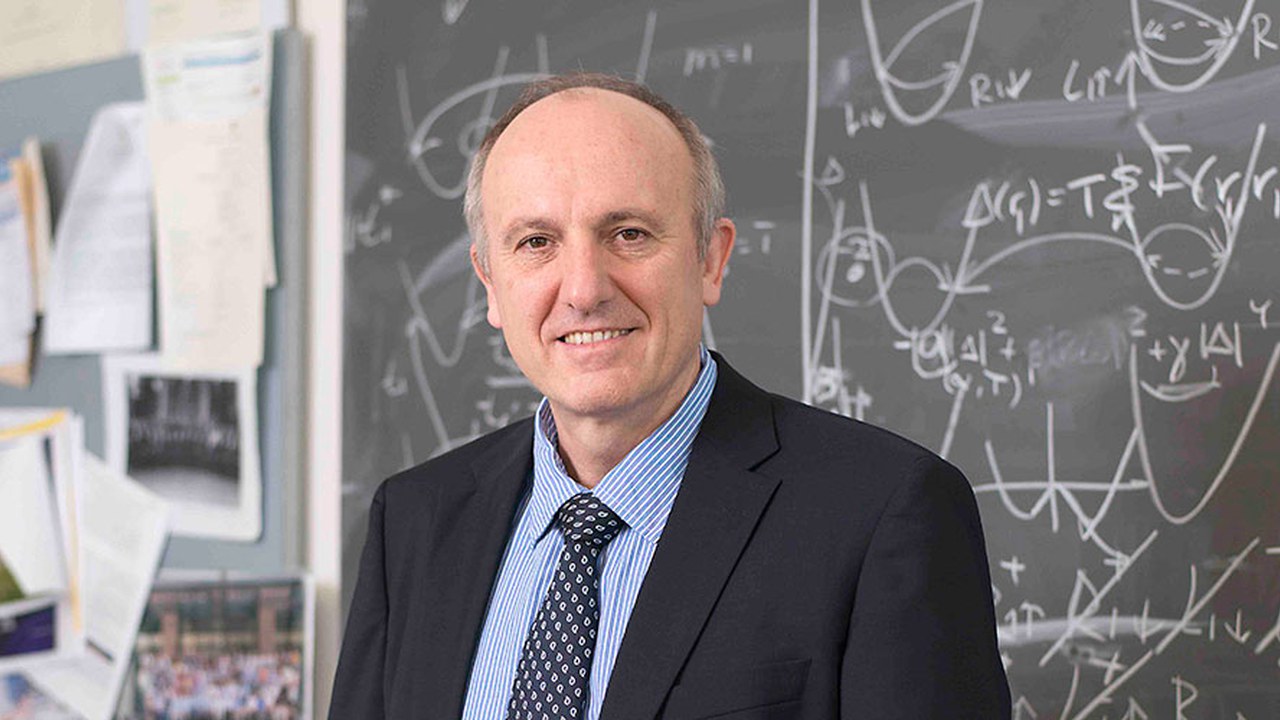Daniel Loss: Quantum Computing and Spin Qubit Platforms
Colloquia
- Speaker
-
Daniel Loss
Department of Physics, University of Basel, Switzerland - When
-
2018/07/12
17:30 - Place
- DIPC
- Add to calendar
-
iCal

Department of Physics, University of Basel, Switzerland
I will provide an overview of quantum computing with focus on spin qubits in semiconducting nanostructures such as quantum dots and nanowires for electron and hole spins [1] from a theorist's point of view. Despite enormous experimental efforts in many labs worldwide over the last twenty years, progress to integrate many qubits has been slow due to many challenges posed by material issues and the related coherence of spin qubits. Nevertheless, the field has evolved steadily, in theory and experiment, and there is a strong believe in the community that the ultimate goal of building a powerful quantum computer most likely will be reached with spin qubits in semiconducting quantum dots which have the advantage of being inherently small and fast: In principle, it is possible to fit a billion spin qubits on a square centimeter chip and have them function at a clock speed of GHz. I will mention recent developments and challenges for implementing surface code structures, in particular for Si or Ge hole-spin qubits [2,3] in combination with superconducting striplines [4].
[1] C. Kloeffel and D. Loss, Annu. Rev. Condens. Matter Phys. 4, 51 (2013).
[2] C. Kloeffel, M. Trif, and D. Loss, Phys. Rev. B 84, 195314 (2011).
[3] C. Kloeffel, M. J. Rancic, and D. Loss, Phys. Rev. B 97, 235422 (2018).
[4] S.E. Nigg, A. Fuhrer, and D. Loss, Phys. Rev. Lett. 118, 147701 (2017).
Prof. Loss's web page
Wikipedia article
About the speaker
Daniel Loss is a Swiss theoretical condensed-matter physicist, since 1996 he is full professor of Theoretical Physics at the University of Basel and since 2005 also Director of the Center for Quantum Computing and Quantum Coherence in Basel.
Loss is best known as the co-proposer of the Loss-DiVincenzo quantum computer based on electron-spin qubits in quantum dots. This proposal forms the basis of one of the two most active and promising approaches to realize such a device in solid-state systems. He and his group have continued to make major contributions to the elaboration of this approach. In addition, Loss has made significant contributions to many other areas of condensed matter physics such as quantum transport in nanostructures, molecular magnets, quantum correlations, the interaction of electrons with their environment such as phonons or nuclear spins, and the theory of hybrid systems composed of quantum dots, superconductors, and topological insulators.
Currently, Google Scholar lists more than 500 publications, cited more than 42 000 times for an h index of 88. Loss' work has been recognized by numerous prizes and honors, among them the Humboldt Research Prize in 2005, the Blaise Pascal Medal in Physics of the European Academy of Sciences, and the King Faisal Prize in 2017.
